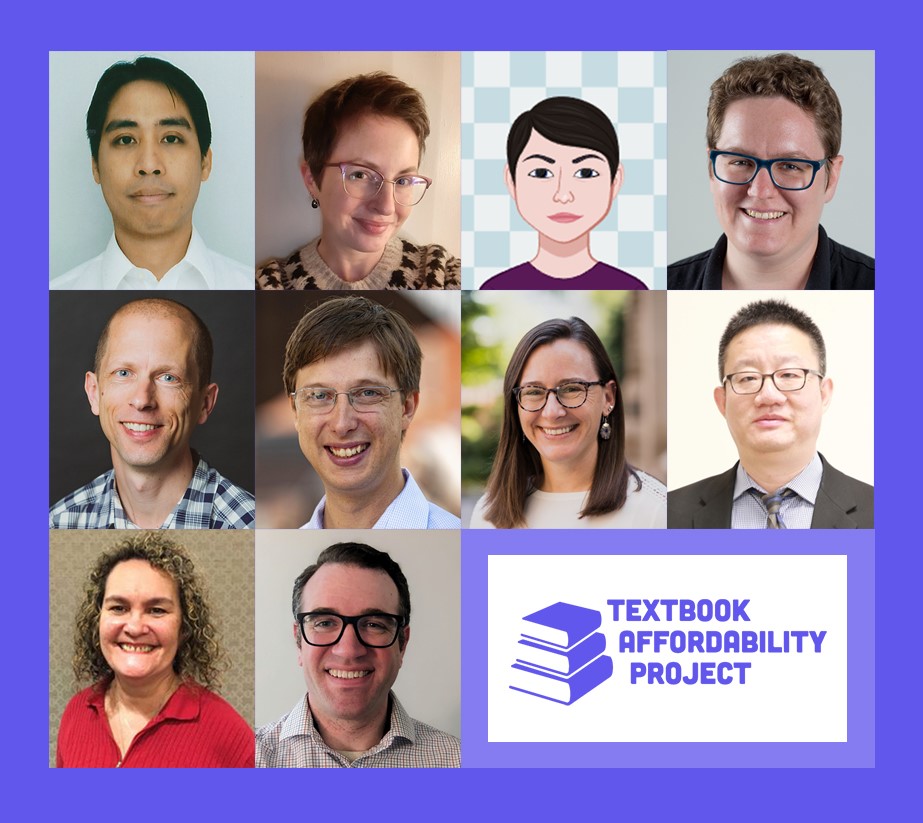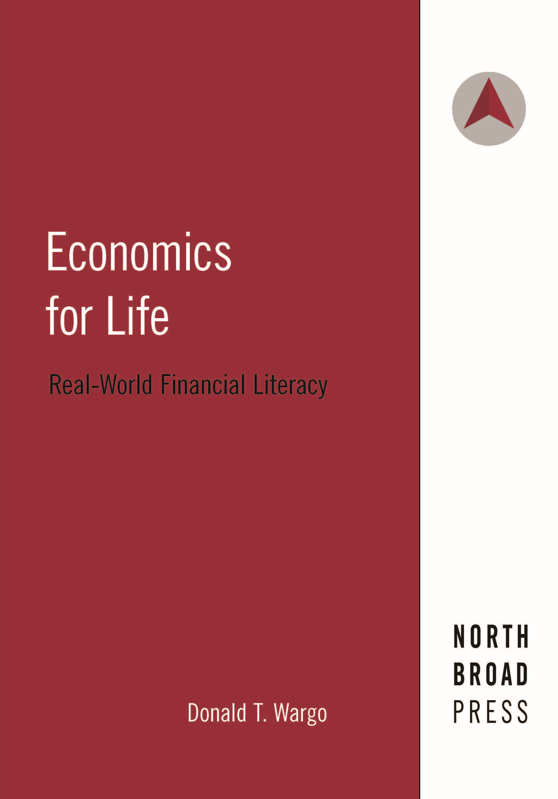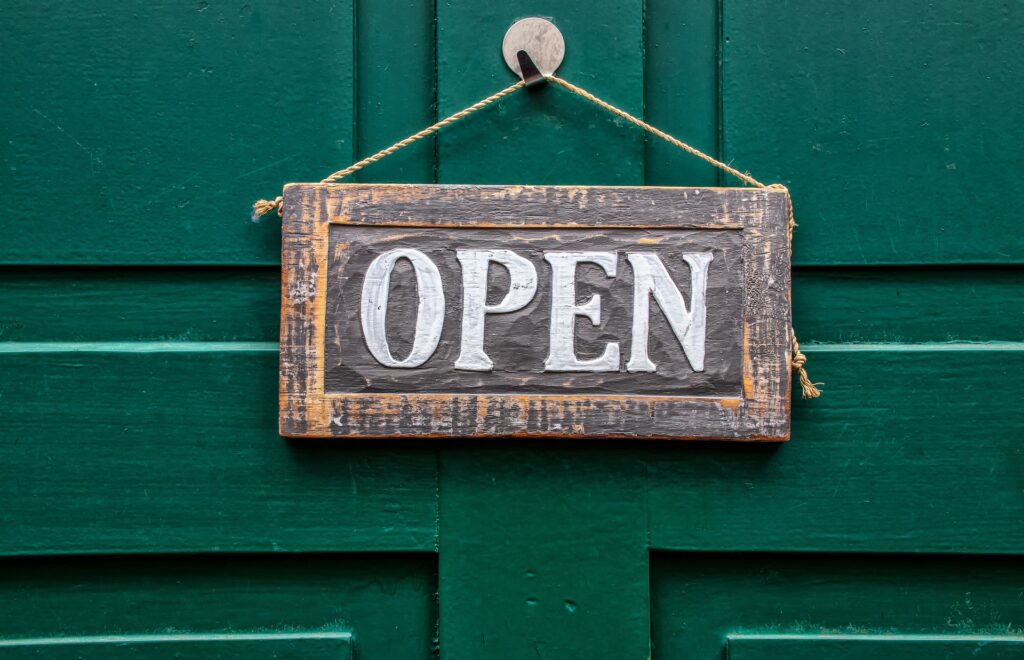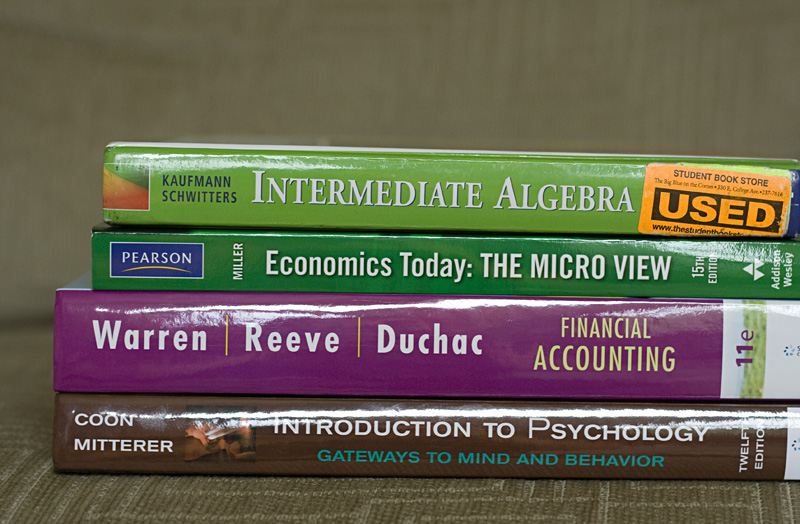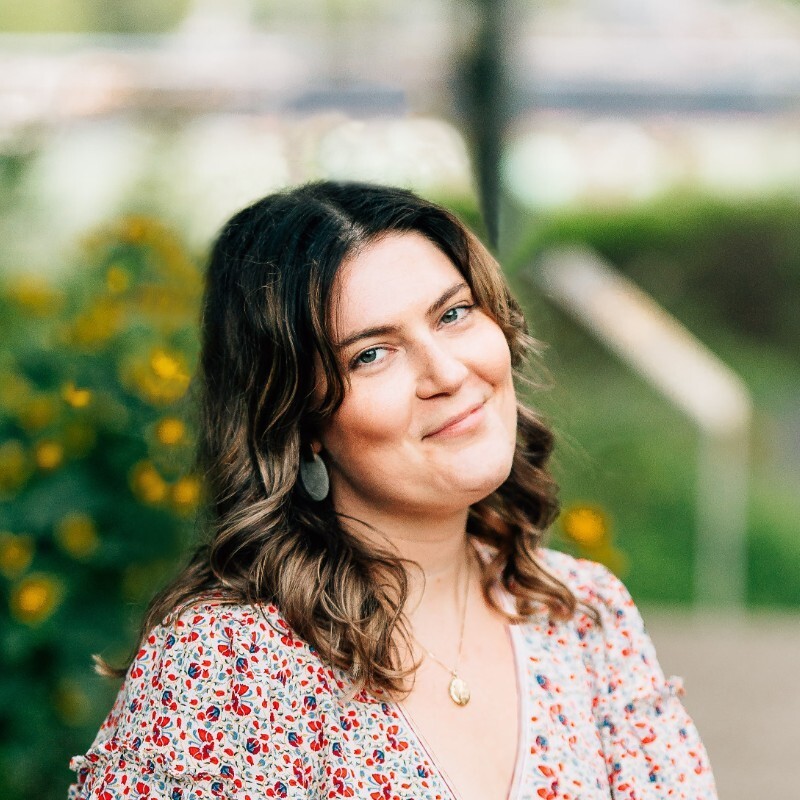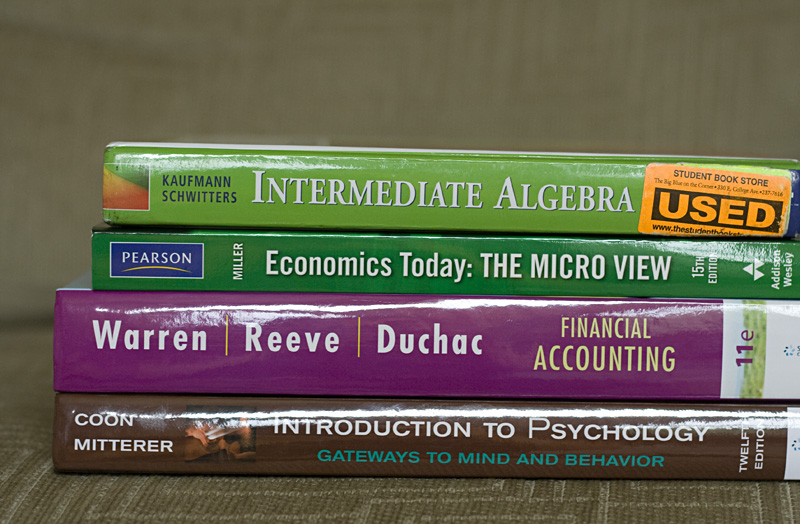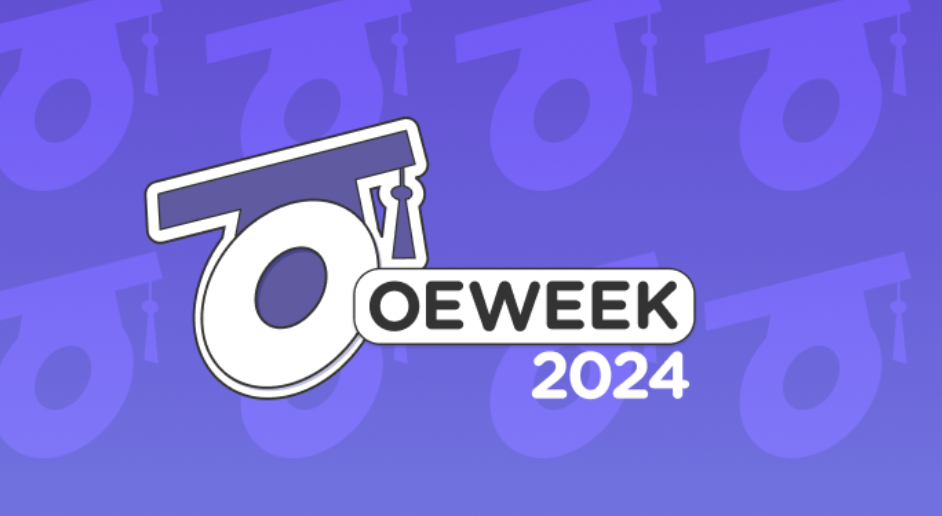
Temple University Libraries is celebrating Open Education Week from February 26 to March 1, 2024. Open Education Week is an annual celebration designed to raise awareness about open educational resources and practices.
What are Open Educational Resources and Practices?
Open educational resources (OER) are teaching and learning materials that are free to read and reuse. Examples of OER include videos, images, lab activities, homework assignments, and textbooks. Open educational practices — also known as open pedagogy — use OER to support learning and invite students to be active participants in the teaching and learning environment, engaging in knowledge creation and sharing.
Faculty who use OER instead of a commercial textbook can help save students hundreds of dollars a semester. Faculty who use OER can also revise, remix, and build upon the content created by others, customizing the material to meet the needs of their particular class. This can aid in bringing about a more inclusive teaching and learning experience.
Open Education Week Events
To mark Open Education Week, Temple University Libraries will be offering the following events and activities:
Contest for Faculty
- New this year is a contest for faculty! Attend our faculty open house or workshops for a chance to be entered. Attend more events = earn more tickets! Raffle prizes include a summer study room in Charles Library, a library swag bag, or lunch with Joe Lucia, Dean of Temple University Libraries.
Waffle OPEN House for Faculty
- Our featured faculty event is a tasty one! You’ve heard of Waffle House. Join us on Thursday, February 29, at Charles Library for Waffle OPEN House.
Come to Suite 375 in Charles Library between 11:00 am and 1:00 pm for waffles, pancakes, coffee, and more – along with informal discussions with our librarians about open educational practices and how to incorporate them into your instructional practice.
Online Workshops
- Textbook Affordability Project Application Information Session
Monday, February 26 | Noon | Register
Friday, March 1 | Noon| Register
Join us as we discuss the TAP grant award opportunities, application process, requirements, and answer any of your application questions.
- How to Promote Your Open Scholarship
Tuesday, February 27 | Noon| Register
This workshop will cover strategies on how faculty can promote their open scholarship. This will cover building a scholarly profile, where to store your work, how to showcase your work on social media, and how to express this hard work in the promotion and tenure process.
- Create, Reuse, Remix: An Intro to Creative Commons Licenses
Wednesday, February 28 | Noon | Register
Join us as we cover the basics of Creative Commons licenses—what they are, how to find CC-licensed material, and how to license your own work.
- Zero-Cost Course Material Options: Your Students Will Thank You!
Wednesday, February 28 | 1:00 pm | Register
Thinking about adopting course materials that are totally free to your students? Not sure where to find them? Join us as we cover multiple options for locating or developing zero-cost content, even when an existing open textbook is not readily available.
- Share Your Teaching and Learning Materials with TUScholarShare
Thursday, March 1 | Noon | Register
Temple’s institutional repository, TUScholarShare, provides free online access to textbooks, syllabi, slide decks, tutorials, videos and more created by faculty and staff. Learn about the benefits of sharing your materials, and how to make them open and freely available online to teachers and learners beyond Temple.
Apply for a Textbook Affordability Project Grant!
Open Education Week is also a great time to learn more about Temple University Libraries’ Textbook Affordability Project, which provides grants ranging from $500 to $1,500 to faculty who adopt, adapt, or create free alternatives to commercial educational resources. Engaging in open educational practices, like replacing a disposable assignment with a renewable assignment, is also an option. Over 100 Temple faculty have been awarded grants since 2011. Applications will be accepted until April 5, 2024.
We hope you will join us for our Open Education Week events!
